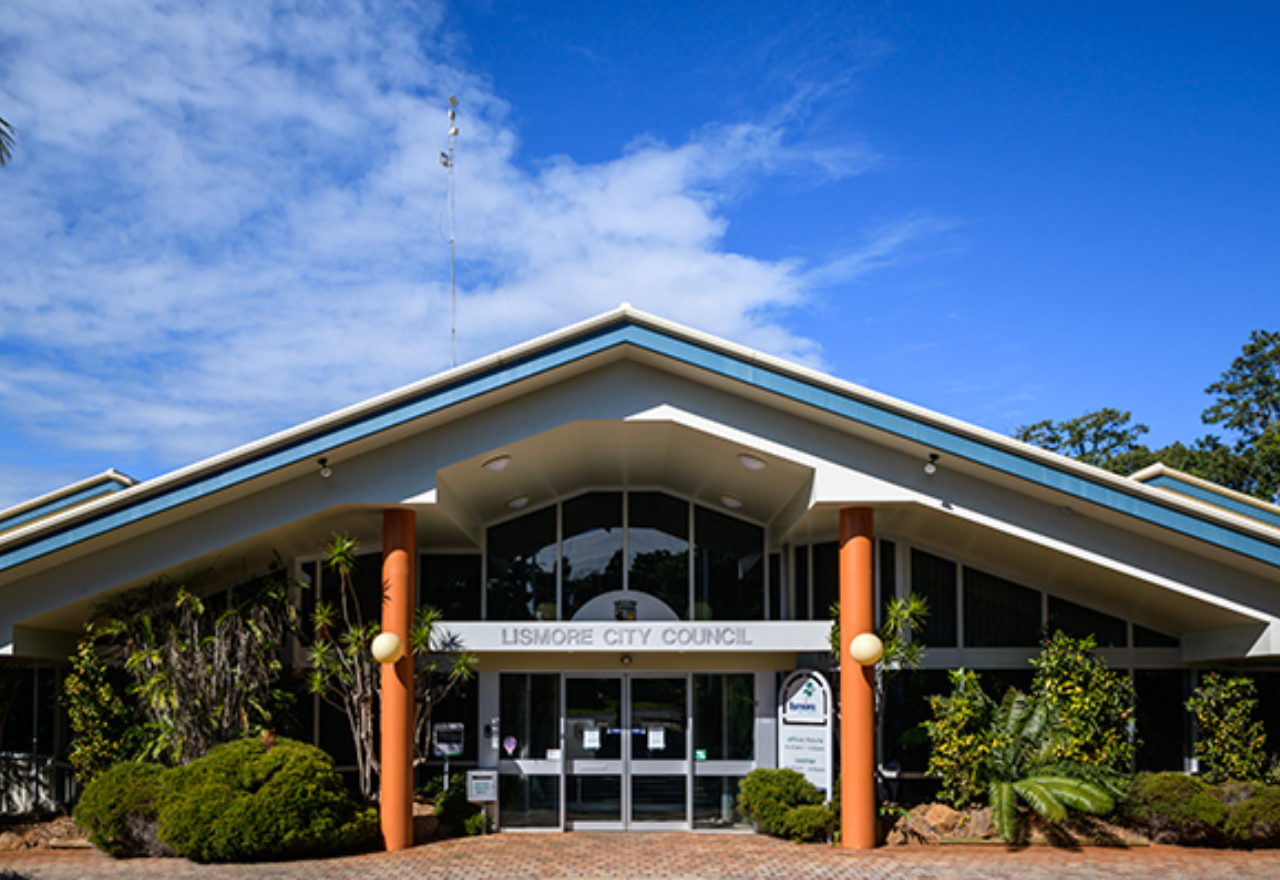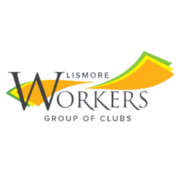New era of transparency for council meetings
Simon Mumford
01 September 2025, 8:01 PM

The next Lismore City Council meeting is next Tuesday, September 9, at 10am. One of the topics of discussion among councillors is certain to be the new rules for council meetings that will take effect from 1 January 2026.
The NSW Government is seeking to improve community confidence, trust and transparency in local government through a new Model Code of Conduct Practice.
The government says that changes to the code have simplified the way meetings are conducted, ensuring disorder is dealt with more effectively, that councillors make decisions in full view of the communities they represent, and dignity is returned to council chambers.
Lismore City Councillors have, at times, as seen in the February 2025 ordinary meeting, not acted in a dignified manner, nor has the public gallery at certain times. In the December 2024 meeting, members of the gallery held CSG signs and voiced their disapproval when a rescission motion was lost.
The new code expands the powers of the mayor to remove councillors for acts of disorder and members of the public for disrupting a meeting.
Under the new Code of Meeting Practice, there are two points pertinent to the above examples:
15.20 Members of the public attending a meeting of the council:
a. must remain silent during the meeting unless invited by the chairperson to speak,
b. must not bring flags, signs or protest symbols to the meeting, and
c. must not disrupt the meeting.
15.23 If a councillor or a member of the public fails to leave the place where a meeting of the council is being held immediately after they have been expelled, a police officer, or any person authorised for the purpose by the council or person presiding, may, by using such force as is reasonably necessary, remove the councillor or member of the public from that place and, if necessary, restrain the councillor or member of the public from re-entering that place for the remainder of the meeting.
Minister for Local Government Ron Hoenig said, “The council chamber should be a place of dignity, where debate and decision making takes place in full view of the community.
“Making decisions on behalf of communities is the very role of a councillor, and all councillors should never lose sight of this core responsibility.
“These changes should ensure that, in a council chamber or committee meeting, mechanisms are in place to prevent the derailing of meetings and overshadowing the important work of local government.
“Council and committee meetings must be effective, transparent and genuine, and strive for outcomes to benefit the community.
“Under the new code, mayors should be given the power to take immediate action against disorderly councillors. This should lessen the need for councils to resort to the broken code of conduct process and instead address misbehaviour immediately in the council chamber.
“I know not everyone will agree with these changes, but most people in this state would agree action is necessary to improve transparency, increase community confidence and faith in local government.
“They will make councillors more visibly in control of their councils to ensure they – as democratically elected representatives of their communities – drive the vision for their local area.”
All councils will need to adopt a code of meeting practice that contains the mandatory provisions of the updated Model Meeting Code by the end of the year (31 December 2025).
Some of the key changes to the Model Code of Meeting Practice include:
- Preventing councils from holding private councillor briefing sessions to discuss matters that should be considered in the public domain at committee and council meetings (unless they are confidential)
- Encouraging councils to hold public forums preferably before committee meetings, or if they choose council meetings, to enable community engagement in local matters
- Expanding the powers of the mayor to remove councillors from meetings for acts of disorder
- Expanding the powers of the mayor to remove members of the public if they disrupt council meetings
- Requiring information considered at closed meetings to be made public after it ceases to be confidential
- Requiring councils to give reasons when making decisions on planning matters that depart from staff recommendations (as recommended by ICAC)
- Promoting neutrality in the role of the general manager
- Requiring council and committee meetings to be live-streamed to give the community and media access to council decision-making, and to require those videos to be public for at least the rest of the council term, or 12 months in the case of a meeting in an election year
The changes to the Meeting Code are part of a broader suite of reforms by the NSW Government to improve conduct and accountability and rebuild public trust in councils.
A new Code of Conduct for councillors is being finalised, as well as associated legislative changes, which will see significant changes to how misconduct is dealt with in local government.

